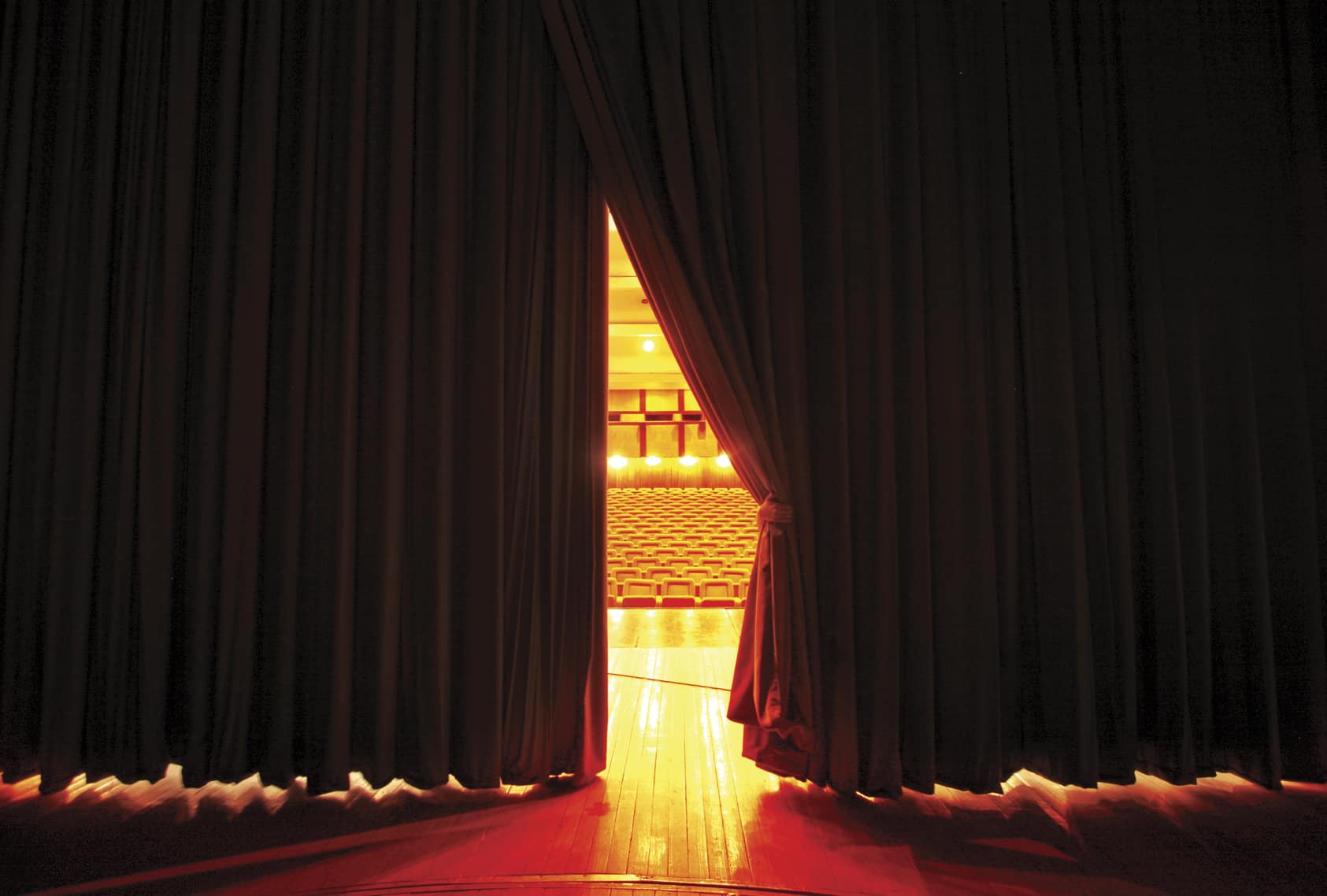A decision was recently reached at the First-tier Tribunal (“FTT”) in the case of the Royal Opera House, Covent Garden (“ROH”) concerning the recoverability of VAT on costs of staging productions.
Admission to the ROH was VAT exempt. Programme sales and commercial sponsorship income received by the ROH were both “VATable”. Other VATable supplies made by ROH included:
- The provision at dinner before the show;
- The sale of ice cream during the break; and
- The sale of a recording of the performance in the ROH shop.
In addition, certain other income was received by ROH which included the provision of the ROH facilities for private events and functions (e.g. Wimbledon Champions Dinner in 2014). These other VATable supplies were referred to as the Disputed Supplies within the ROH judgement.
The question that arose was whether the value of Disputed Supplies made should be considered when calculating VAT recovery on production costs.
It was held that production costs did have a sufficient link to catering income, sales of ROH’s own recordings, partially for commercial venue hire and sales of ice creams. Other Disputed Supplies did not have the required link and should therefore be excluded from the calculation to determine recoverable VAT.
The decision reached was therefore that VAT was partly recoverable for ROH’s production costs. The appeal was partially allowed.
The background
The Royal Opera House Covent Garden (“ROH”) was denied a VAT reclaim by HMRC in excess of £532,000, for the cost of staging productions at the Opera House in the period between June 2011 and August 2012.
It was accepted that admission to the opera or ballet was VAT exempt. In addition, a number of VATable supplies were made to which the production costs had a “direct and immediate link”.
By reason of VAT being a transaction-based tax, this is a requirement whereby costs must have such a “direct and immediate link” to the supplies made using them, in order for such VAT to be recoverable. Accordingly, as this link existed to both VATable and exempt supplies, VAT on production costs was residual, meaning that a proportion of VAT on such costs was recoverable.
The issue was whether a “direct and immediate link” existed between the production costs and a number of additional VATable supplies made by the ROH. These were collectively known as the Disputed Supplies and consisted of:
- Catering income (bars and restaurants);
- Shop income;
- Commercial venue hire;
- Production costs for other companies; and
- Ice cream sales.
In the event that such a link could be established, the income earned by the ROH could be included in the standard method of partial exemption, thereby increasing the amount of VAT recovery afforded to the ROH.
The decision
In arriving at its decision, the FTT found that in connection with catering income, that it is the opera or ballet which is central to what the ROH does. He went on to say that:
“It is these performances that bring the restaurants and bars of the Opera House their clientele.”
As such, there was a “direct and immediate link” between the production costs and the level of catering income. It therefore followed that the purpose of the production costs was not solely for the productions of opera and ballet at the Opera House, but also to enable the ROH to maintain its catering income.
In relation to shop income, the Tribunal ruled that the shop’s sales of recordings (both audio and visual) of ROH productions did have the required link and could therefore be included in the calculation.
As for other sales (e.g. children’s gifts and books): although it was said that they held a “connection to the repertoire of the Opera House”, this was no more than a commercial link to the production costs. Accordingly, such income lacked the “direct and immediate link” to the production costs incurred.
In considering commercial venue hire, it was agreed that the “direct and immediate link” existed for production specific events such as a Gala Dinner in support of a production by a sponsor. However, no such link existed to other commercial events and therefore, the link was only held to be in place for part of the income achieved by the ROH for commercial venue hire.
In looking at production costs for other companies, the link was not sufficient to enable it to be a cost component of such supplies.
Finally, in respect of ice cream sales the FTT held, as found earlier in connection with catering income that “…the Opera House productions, with their associated costs, are essential for the sale of ice creams” and should there have a “direct and immediate link” to the production costs.
In summary, there existed a “direct and immediate link” between the production costs and some, but not all, the VATable income earned by ROH. This therefore resulted in a significant proportion of ROH’s VATable supplies being factored into its standard partial exemption method for recovering VAT on production costs.
Who is potentially affected?
For businesses in similar circumstances, it’s worth considering whether the decision introduces potential exposure or opportunities regarding your current attribution of costs.
For more information, please get in touch with our VAT specialists using our enquiry form.







